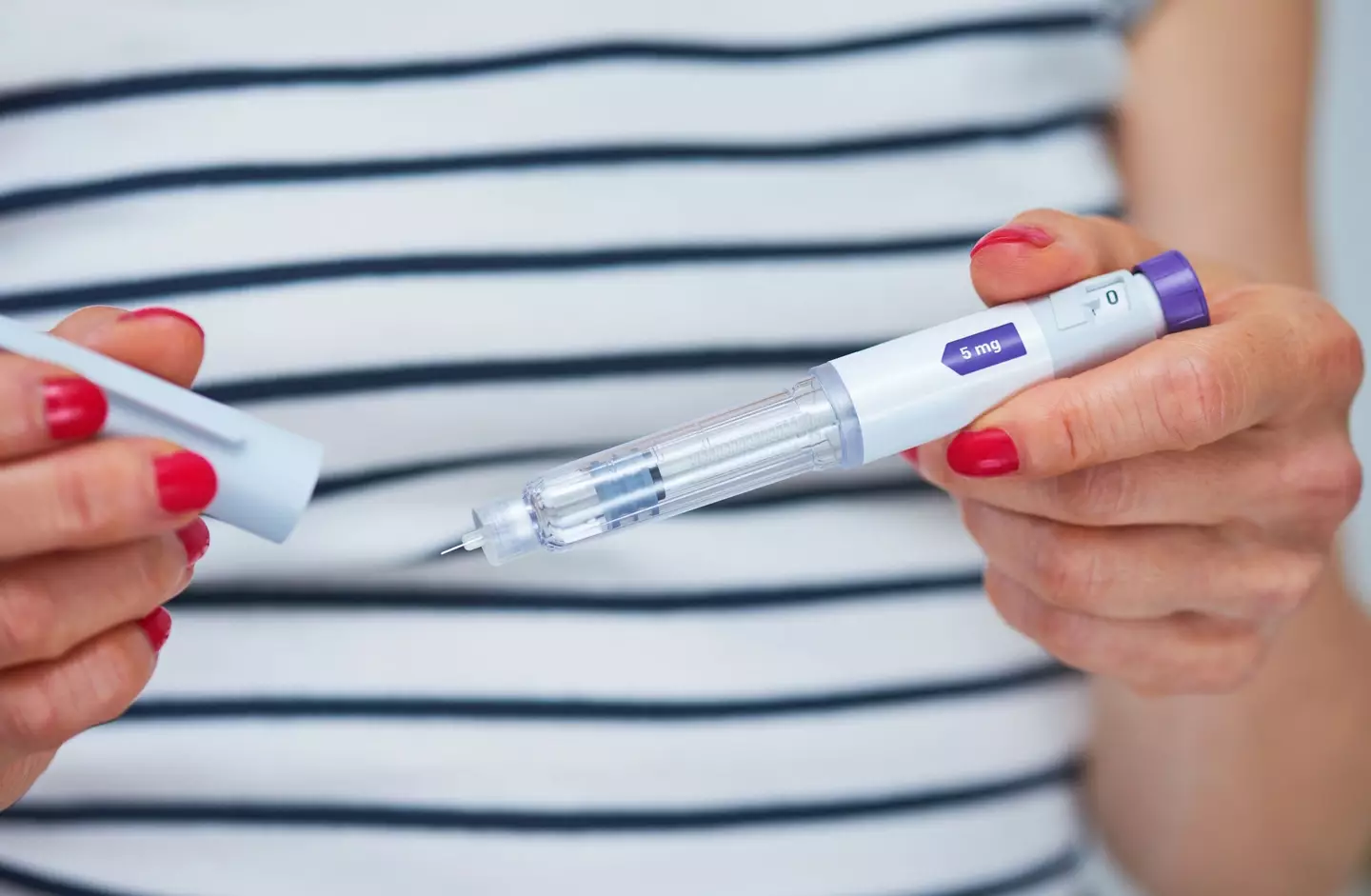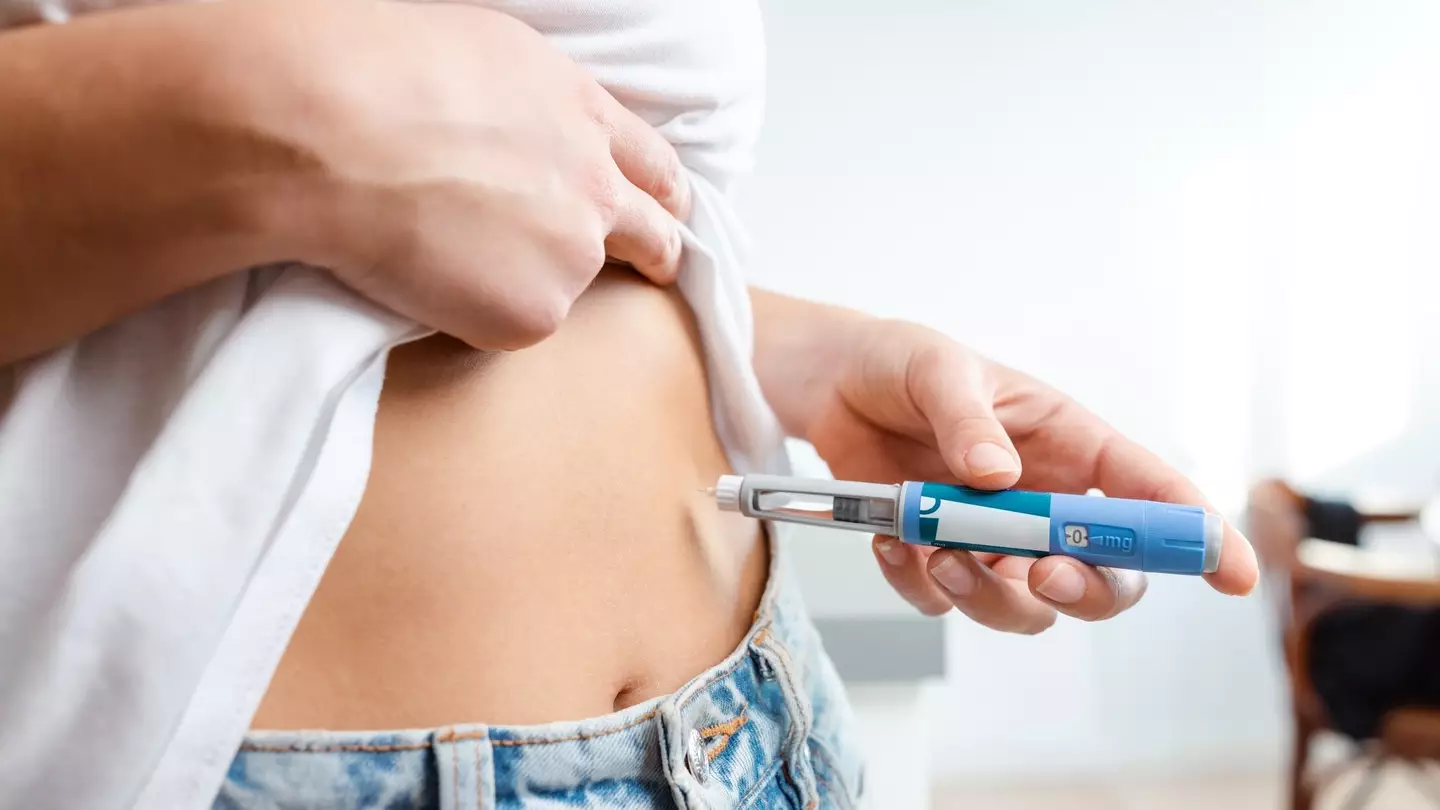A medical professional has highlighted six common missteps individuals make when using weight loss medications.
While no one is flawless, it’s important to aim for the best practices when it comes to medication use.
The popularity of GLP-1 weight loss drugs has soared in recent years. Injections like Mounjaro, Wegovy, and Saxenda are known for reducing appetite and promoting weight loss.
These weekly treatments have led to significant success stories, but experts caution that there are associated risks.
The Mayo Clinic advises most individuals to continue using these injections for a period of 12 to 24 months.
However, during this time, many patients develop poor habits that can hinder their progress, exacerbate side effects, or even jeopardize their health.
A general practitioner has now identified the five most frequent mistakes patients make while on weight loss injections.

Dr. Donald Grant, a GP and Senior Clinical Advisor at The Independent Pharmacy states: “Although weight loss treatments have gained immense popularity among the public, numerous mistakes commonly occur when using this medication.”
“Such mistakes can lead to impeded progress and even negatively affect one’s well-being. Therefore, it’s essential to be mindful of these frequent errors.”
In this instance, the phrase ‘less is more’ is applicable. Patients may assume that increasing their dosage will yield faster results, but this isn’t necessarily true.
Raising your dosage prematurely can, in fact, pose dangers.
Dr. Grant elaborates: “Our bodies require time to acclimate to the treatment, so beginning with a high dosage can significantly intensify symptoms such as headaches, fatigue, and nausea.”
“There is also an elevated risk of conditions like pancreatitis and hypoglycemia, making it crucial to adhere to a healthy dosage.”
“I recommend anyone on this treatment to consult with a licensed health professional about their dosage rather than independently increasing it.”

Along with taking doses higher than recommended, it is quite common for individuals to skip doses altogether, according to Dr. Grant.
This interruption can hinder progress, preventing individuals from achieving their weight loss objectives by heightening appetite and reducing the treatment’s overall efficacy.
“Ideally, you want consistent injections without missing any doses to avoid intense side effects and slowed progress,” he mentions.
“Prior to starting any weight loss medication, consider the long-term costs and the reordering process.”
Some believe they can consume any food they desire while on Mounjaro or Wegovy, but this isn’t accurate.
“Consuming excessive processed or sugary foods can trigger blood sugar spikes, leading to increased appetite, bloating, and fatigue,” explains Dr. Grant.
“Instead, individuals should focus on maintaining a well-balanced diet rich in proteins, fiber, and other essential nutrients.”
“Although these treatments affect appetite, it’s still important to create a dietary plan that incorporates all necessary foods.”
The same principle applies to hydration. Insufficient water intake can exacerbate side effects, which may be challenging to manage, especially for those still adjusting to the medication.
“Water is a fundamental element for weight loss, and not drinking enough can hinder progress and lead to dehydration. Generally, aim for around five to eight glasses of water each day to mitigate these risks.”

Dr. Grant advises that side effects from weight loss drugs should ‘never be ignored’.
Common side effects include diarrhea, nausea, and fatigue, while rare symptoms may include shortness of breath and abdominal pain.
“If any side effects persist, I strongly recommend seeking medical attention for further advice,” he suggests.
“By keeping your general practitioner informed about any symptoms, they can provide personalized advice and guidance to mitigate side effects and enhance quality of life.”
Another significant error is acquiring weight loss injections through unauthorized means, such as illegal websites or social media.
“This is extremely risky because these sources don’t adhere to the same health and safety standards as legitimate healthcare providers,” Dr. Grant cautions. “Consequently, they might contain foreign ingredients that could negatively affect well-being.”
Online pharmacies, however, are a safer option and implement screening procedures to ensure patients genuinely need the treatment they’re requesting.

